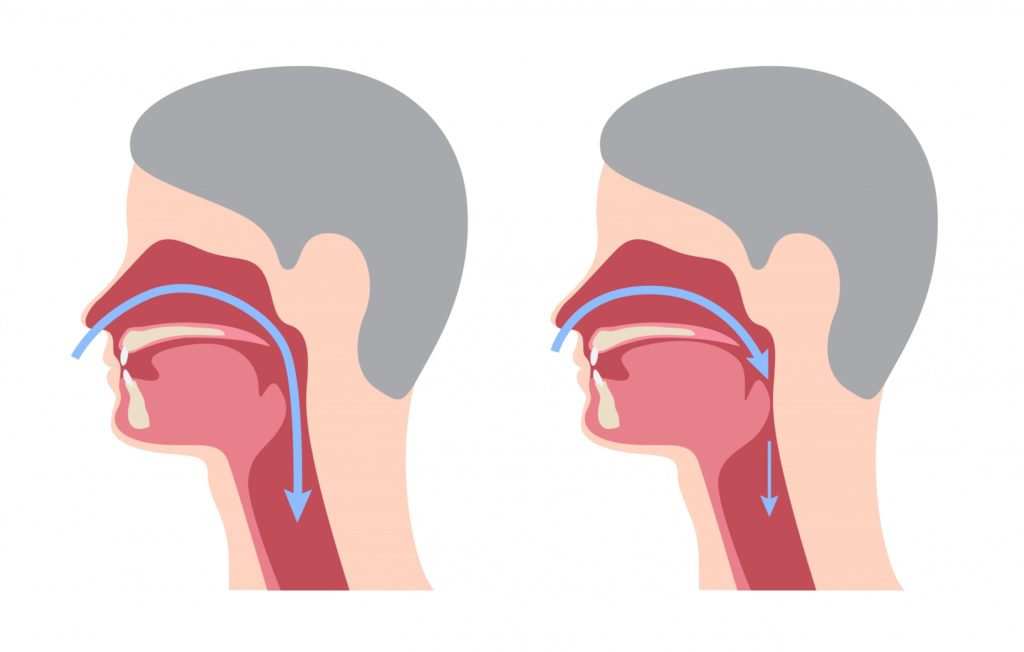
Driving is a part of the human existence. We drive to work, the grocery store, travel destinations, sporting events, and more. Some individuals drive for a living, spending 18+ hours per day seated behind the wheel. Even if you don’t have a driver’s license or own a car, you probably spend plenty of time inside a vehicle.
You would hope that something that plays such a pivotal role in your life was good for your health; however, humans aren’t so lucky. Driving too much can be harmful to your health.
Here are the risks you need to know:
1. Car Accidents

Every year, millions of people are in car accidents. “Motor vehicle collisions are probably some of the most common injury-inducing events,” says a webpage from the Kooi Law firm in Indianapolis. “Driver negligence is more common than is acceptable,” the page continues, pointing out that the most common cause of car accidents for the daily driver involves distraction.
As individuals try to multitask—looking at their phone, eating, applying makeup, etc.—they are more likely to veer out of their lanes, speed through a stop sign, or fail to see a pedestrian crossing the road.
Of course, careful driving and diligent focus on the road will significantly reduce your likelihood of getting in a car accident. However, it will not render you immune. You still face a risk of being in an accident every time you enter a vehicle.
2. Obesity

The average American drives about 25 miles per day, spending an average of one hour behind the wheel. Truck drivers or those who drive a commercial vehicle for a living will spend 6-18 hours sitting in their vehicles. That’s a lot of inactivity for a single person.
Taking care to remain active despite your long drives can help.
“It’s not so easy to move or change your job, so if you do have a long commute it’s important that you make a bigger effort to be active during the day,” Christine Hoehner, PhD, told Health.com. “Take walking breaks, get up from your desk often, take the stairs, and make it a priority to exercise whenever you do have time.”
3. Sleep Apnea

The University of Pennsylvania, alongside the Federal Motor Carrier Safety Administration (FMCSA), recently performed a study on health problems associated with truck driving. They discovered that nearly a third of commercial truck drivers have mild to severe sleep apnea, a condition that results in breathing disruption while sleeping. If not treated, it can be fatal.
Research continues to identify exactly why sleep apnea is such a common problem among drivers. It’s believed that the heightened risk for obesity among truck drivers is correlated to the problem. Those who struggle with obesity are more likely to have blocked airways due to excess fat and flesh pressing on the throat opening.
4. Heart Disease

Heart disease is a direct result of obesity, one of the most common causes of too much driving. Furthermore, risks of heart disease also increase in association to reduced blood flow.
“We found that when we had people sit for three hours in the laboratory that the functioning of the arteries in their legs went down to half within one hour and then stayed low for the remaining three hours,” Saurabh Thosar, a researcher at Oregon Health & Science University.
Taking regular walking breaks is an essential component to increasing blood flow and diminishing risks associated with excess driving.
5. Mental Health Problems

Many people enjoy driving because it allows them uninterrupted time to think, listen to the radio, catch up on their podcasts, or spend other mindless time engaging in activities they enjoy. This alone time can be great for clearing the mind and renewing the senses, but in excess, it can lead to a host of mental health issues.
Anxiety and depression are major risk factors for drivers. Spending too much time in social isolation can inhibit your serotonin production, making you more likely to feel blue. All that time thinking without social stimulation can also increase anxious thoughts and feelings.
A report from the United Kingdom’s Office of National Statistics found that those who commute more than half an hour each way experience decreased satisfaction and happiness overall. The same goes for those who take a taxi or ride a bus.
You likely can’t decrease your time behind the wheel, but you can increase your time spent outdoors and engaging in physical activity. Doing so can increase levels of happiness and diminish your risks for life-threatening health problems.














